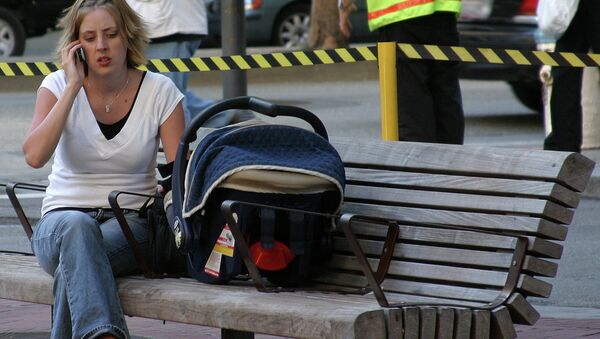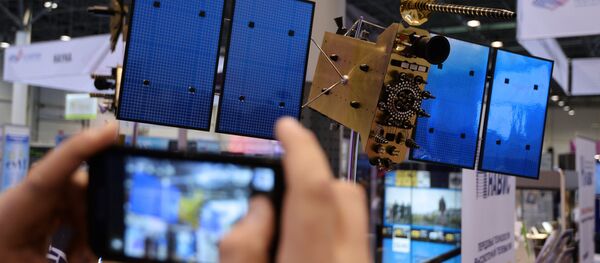“First responders too-often can’t locate victims when 911 calls are made from cell phones,” Schumer said on Wednesday. “It is inconceivable that GPS flaws could mean the difference between life and death.”
Despite 70 percent of emergency calls now coming from wireless devices, senator said, dispatching centers around the country are finding it difficult to locate victims due to GPS tracking system issues, which could potentially lead to deadly delays in emergency response time.
Schumer’s concerns come as the FCC is in the midst of reviewing a proposal to leverage Russia’s GLONASS satellite system to support US emergency call handling. The GLONASS satellite system would be added to the US GPS system to double the coverage of satellites, thereby increasing the probability and accuracy of finding someone making a 911 call.
Although GLONASS is thought to be more accurate than America’s GPS system, which relies on cellphone technology that does not perform well indoors, some lawmakers fear the plan could provide Russia with the ability to impair US emergency response capabilities by knowing the location of first responders.
The GLONASS project, launched in 1993, is considered to be Russia's answer to GPS (Global Positioning System). The GLONASS network currently consists of 29 satellites, including 24 operational, allowing real-time positioning and speed data for surface, sea and airborne objects around the globe.



![A GLONASS [Global Navigation Satellite System] satellite mock-up on display at the exhibition Space -- Elections -- Telecommunications A GLONASS [Global Navigation Satellite System] satellite mock-up on display at the exhibition Space -- Elections -- Telecommunications - Sputnik International](https://cdn1.img.sputnikglobe.com/img/101725/42/1017254231_0:92:3072:1443_600x0_80_0_0_b4dcd6f388cc79ed834dd537d0280d82.jpg)

